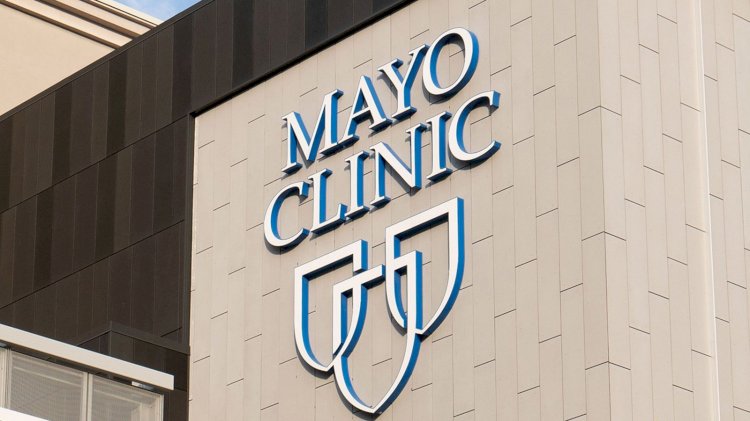India now has a Patient Information Office for Mayo Clinic
The Mayo Clinic has opened a patient information office in Mumbai to assist patients seeking appointments at Mayo Clinic facilities around the world.

The Mayo Clinic has opened a patient information office in Mumbai to assist patients seeking appointments at Mayo Clinic facilities around the world. To schedule appointments at the Mayo Clinic in Rochester, Minnesota, Phoenix and Scottsdale, Jacksonville, Florida, and Mayo Clinic Healthcare in London, patients, their families, and doctors who recommend patients can get assistance from the office staff, who are proficient in Hindi and English. In addition, to providing general orientation to Mayo Clinic, the Mumbai office staff will help with travel, housing, billing, and insurance arrangements, facilitate Mayo Clinic evaluation of medical records, and schedule subsequent visits. Medical care is not offered at the office. Along with these countries, Mayo Clinic also offers patient information centres in Ecuador, Canada, Colombia, Ecuador, El Salvador, Guatemala, Honduras, Mexico, Panama, and Peru. The Mayo Clinic welcomes both patient recommendations from doctors and requests for appointments made directly by patients. Health care practitioners and patients whose first language is not English can communicate more effectively with the help of free interpreters.
G20 Nations Commit to Working Together to Promote Energy Efficiency and Security
The G20 member nations present at Bengaluru's inaugural Energy Transitions Working Group (ETWG) meeting have decided to work together on key initiatives to promote energy security and diverse supply chains of new energy sources.
Alok Kumar, secretary of the ministry of power, gave a media briefing on the discussions at the first ETWG meeting. He noted that the member nations responded favourably to the technical sessions held on topics such as addressing technological gaps in the energy transition, low-cost financing for the transition, energy security, and diversified supply chains, among others.
The G20 meeting, which will be presided over by India, is anticipated to adopt a landmark resolution to protect supply chain security and energy security. The government will work on the comments and recommendations made during the sessions, which will serve as the basis for the forthcoming working group meetings. There will be a total of four working group meetings.
On Monday, discussions will pick back up on critical topics including equitable, affordable, and inclusive energy transition paths and universal access to renewable energy. RK Singh, the union minister for electricity and new and renewable energy, delivered the opening keynote speech to kick off the three-day event this morning.
The G20, nine special invitee guest nations, the World Bank, Asian Development Bank, United Nations Environment Program (UNEP), and several other international organisations are among the more than 150 participants in the event. Power minister R.K. Singh has urged the G20 members to work together to address the problems caused by climate change and global warming.
Wireless Sensor Networks Offer Hope in Healthcare and Agriculture
Personal health biomedical clothing based on wireless sensor networks (PH-BC-WSN) has the potential to significantly improve access to high-quality healthcare and increase food production through precision agriculture, according to a recent study published in the International Journal of Data Warehousing and Mining. The Internet of Things (IoT) technology facilitates the development of more effective healthcare and medical asset monitoring systems. The study highlights how crucial it is for wireless sensor networks to have quick, dependable, and energy-efficient connections (WSNs). The control specifications, networking layers, media access control, and physical layers must all be improved upon or co-designed in order to do this.
The report also points out a number of drawbacks to using PH-BC-WSN, including as concerns about patient privacy and cyber security, a higher chance of malpractice claims, and higher expenses for both doctors and patients. The possible dangers of medical data eavesdropping, manipulation, fabrication of warnings, denial-of-service assaults, and electromagnetic attacks were thoroughly covered in the article. In conclusion, the PH-BC-WSN has the potential to be a useful tool for enhancing healthcare and agriculture, but it is crucial to address the privacy and security risks involved to make sure that it is used in the patients' and consumers' best interests.




























